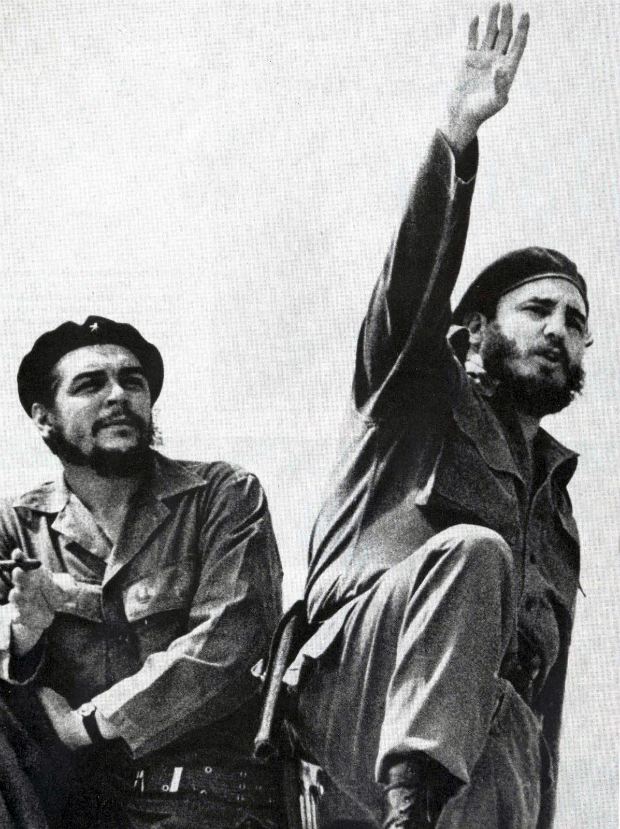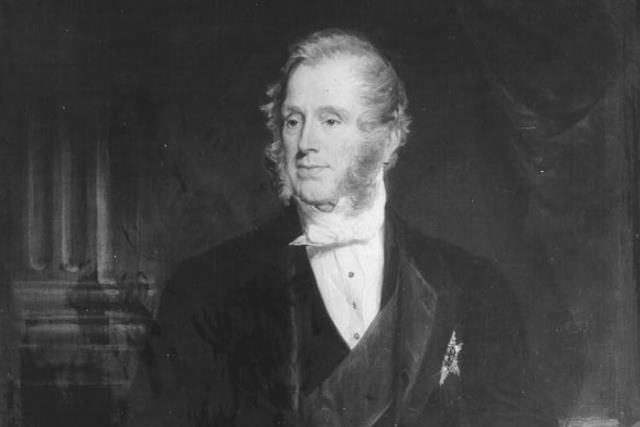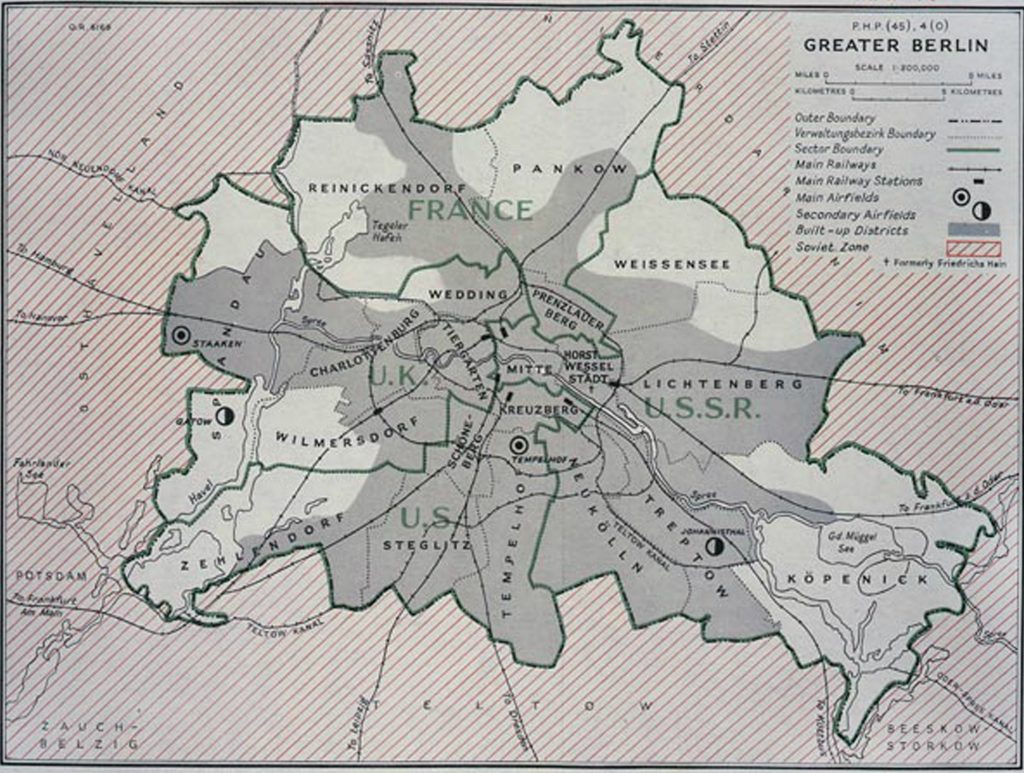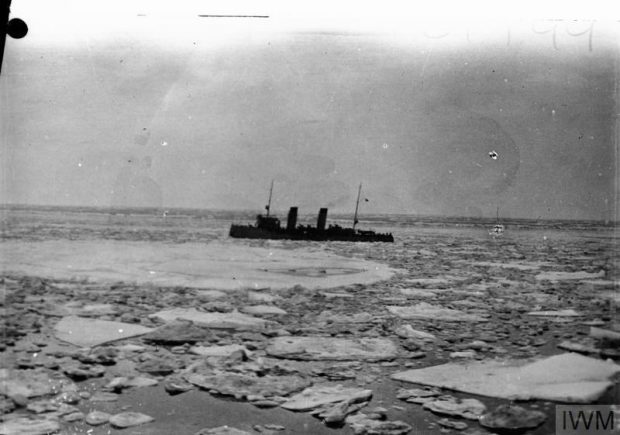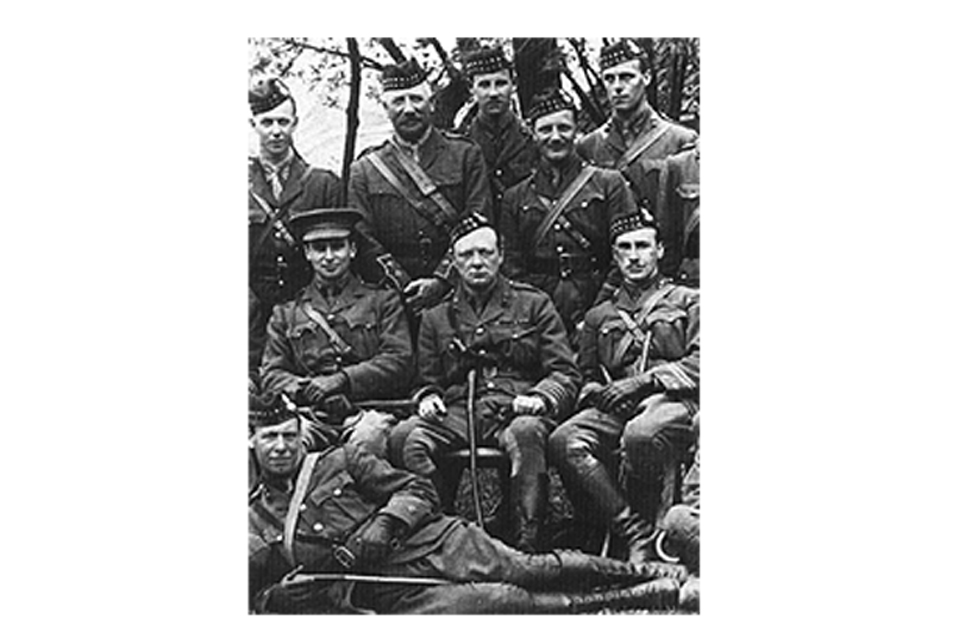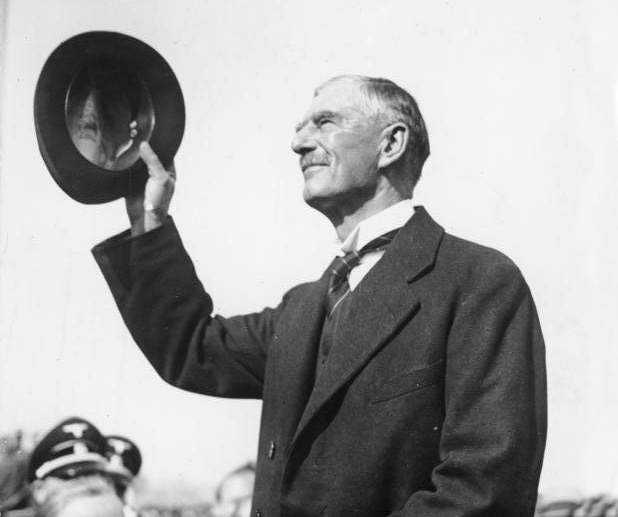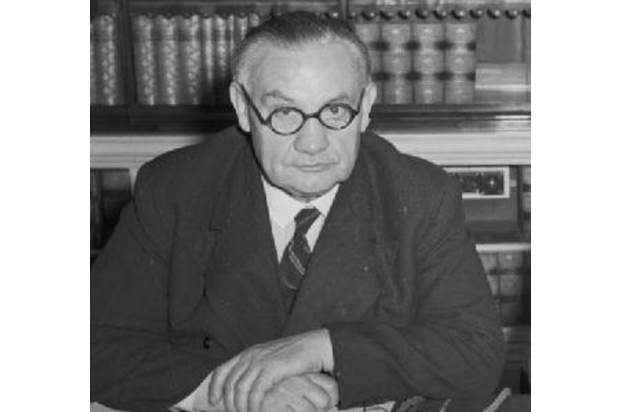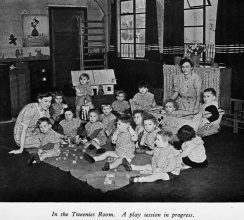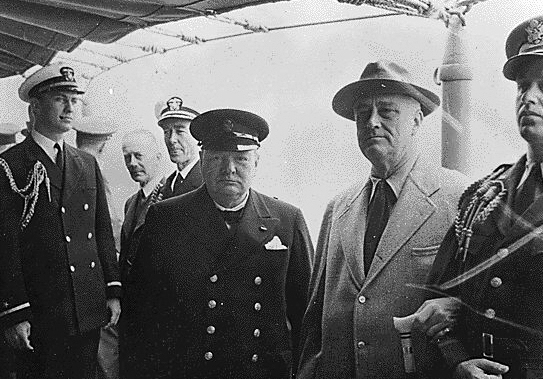Search results for VIPREG2024 1xbet free promo code today East Timor
...the world were not on Cuba In the broader Cold War context, the international focus in 1958-9 was on Europe and the Middle East, not Latin America. In 1958 Khrushchev...
...deeper story of British support for liberal constitutional progress and the promotion of self-government by free peoples against perceived absolutist despotism throughout the world, whether that be through backing constitutionalists...
...divided in two, in Churchill’s words, by an iron curtain, with communism versus capitalism, and East versus West. Nowhere was this division more apparent than in Berlin, a city divided...
...ending, at least in the victorious countries. The armistice was agreed at 5.10am on 11 November to come into effect at 11am. The news was conveyed around Europe within the...
...as a central organising machine and keep the minutes: the beginnings of today’s Cabinet Office. And, impinging directly on Number 10, Lloyd George chose his own secretariat, a novel group...
...but prime ministerial responses to the Great War are, in fact, crucial to how we remember today in some quite unexpected ways. 'Great War generation' For each of the 23...
...to divert precious naval resources to the Far East. The British government knew that the Chinese were ‘fighting the battle of Western Nations in the Far East’ but felt they...
...I believe Korea is the place. Ernest Bevin, Foreign Secretary, en route to Colombo Conference in January 1950[i] Seventy years ago today, the North Korean People’s Army of the Democratic...
...best way to address gaps in the previous system and provide free healthcare to all. Activists and doctors had promoted these ideas in various guises since at least the Edwardian...
...of international tensions that persist today: for example in relation to Britain’s imperial legacy, Russian suspicions of Western intentions and transatlantic differences over trade. President Roosevelt and Winston Churchill on...
